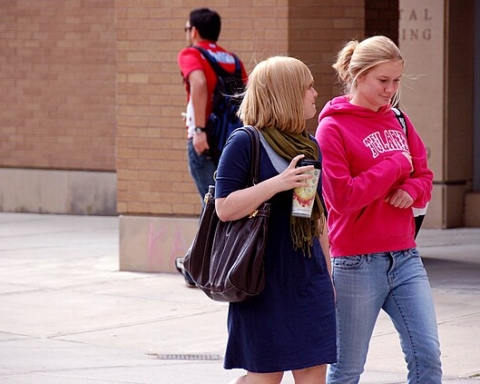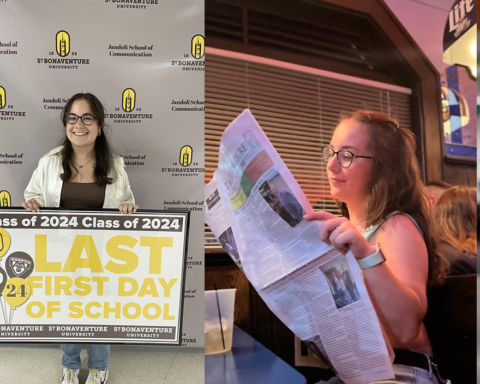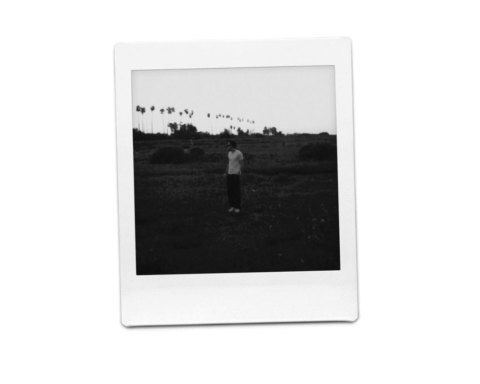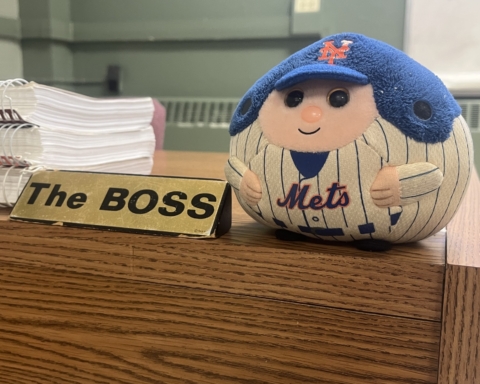Corey Krajewski
Staff Writer
Almost every student has experienced a moment in a class where a professor reiterates that Wikipedia is not a valid source to cite in schoolwork. Crowd-sourced information, especially on the Internet, has a reputation for inaccuracy. But crowd-sourcing is actually one of the most-effective ways of getting quality information.
Crowd-sourcing allows for everyone who has any information to pool it together with the information of their peers. Wikipedia’s open-editing policy allows (with limitations) anyone to change anything, allowing him or her to add or correct the information he or she holds on a subject.
While immensely debated, a study done by the journal Nature in 2005 found that Wikipedia had a rate of error comparable to Encyclopedia Britannica. Since then, Wikipedia has only grown and become a more serious endeavor.
This is a dramatic simplification to the process of creating and editing a Wikipedia article. Many seem to have it in their minds that misinformed, anonymous people are the ones creating these pages. The reality is, Wikipedia has a dedicated community of registered users who have a passion for making Wikipedia as accurate as possible.
A quick click on the “talk” tab at the top of any Wikipedia article should be enough to make someone realize the validity of much of the information. On nearly every article, there is some discussion of the information being presented and how it can be perfected. Wikipedia management holds its pages to an incredibly high standard, and there is a large community trying to make it the most accurate source it can possibly be.
Wikipedia also requires its information to be well documented and sourced in every article. Every important piece of information in an article needs to be sourced, and the source itself is always listed in the article and, if possible, linked.
This ability to link to its sources is what separates Wikipedia from its peers in the encyclopedia format and is a major component of its validity. People speak out against Wikipedia because they believe it can spread misinformation. The reality is that misinformation exists in any source. There is no such thing as perfect information, but Wikipedia has an active community constantly working to fix it. Just because anyone can be in this community does not mean it is not efficient.
The breadth and depth of Wikipedia’s coverage is a remarkable boon to humanity, and it should not be understated how important it is. People have the knowledge of millions of people at their fingertips, and they should use this gift for as much as they possibly can.
Wikipedia is a great way of enhancing any lesson or paper. When one begins to read a book, a quick glance at the page of the author can create a whole new appreciation for the work, for example.
Wikipedia is also a fantastic source of basic information on any topic. Many articles on the site cover more than what is covered in a typical physical encyclopedia article, and almost assuredly, the information is much more properly cited.
Wikipedia is one of the greatest tools for furthering knowledge we have ever developed, and it should be a source of praise, not scorn. While it may have flaws in some places, it is no less valid than any other information source, and if anything, the constant work being done on it makes it a better, more up-to-date source than anything else.
krajewcj11@bonaventure.








